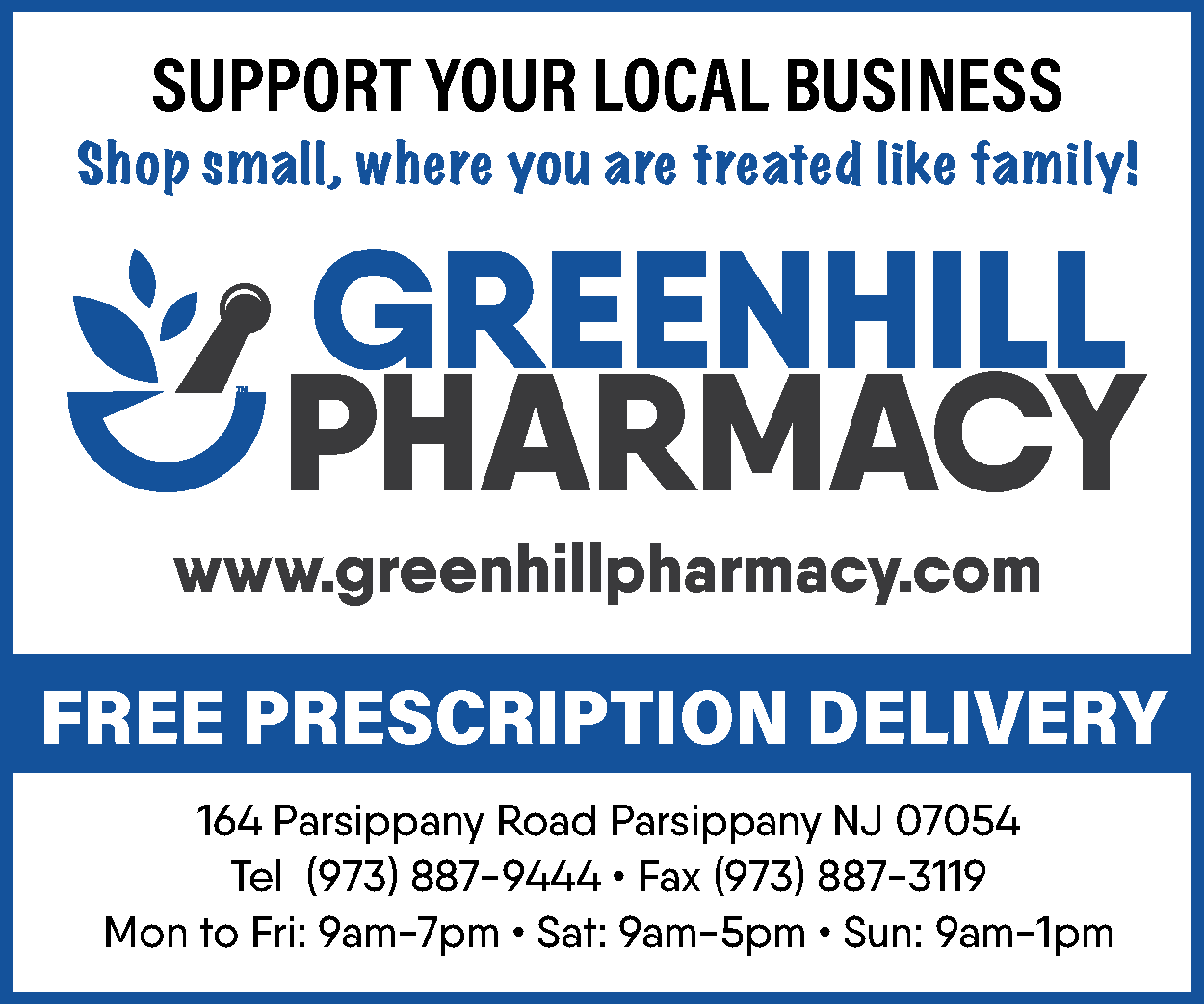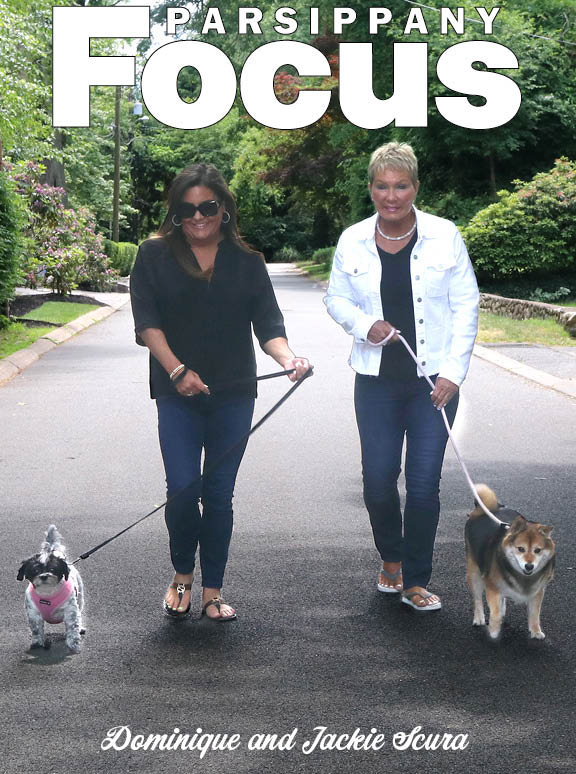MORRIS COUNTY — Assemblyman Anthony M. Bucco is looking to add two more weapons to the state’s arsenal in its efforts to combat the escalating opioid crisis.
“Overdose deaths are declining nationwide, but continue to soar here, which means there are a lot of folks out there who need help,” said Bucco (R-Morris).
New Jersey’s drug overdose deaths increased 24 percent in 2017 to 2,750, with nearly eight deaths each day, according to the state attorney general. Overdoses are on track to exceed a record-setting 3,000 deaths this year, potentially making it the fourth leading cause of death behind heart disease, cancer and car accidents. More people die from opioids than diabetes, AIDS, Alzheimer’s disease, pneumonia and kidney disease.
A main contributor is the over prescribing of painkillers, which are more potent because of synthetic opioids such as fentanyl. Synthetic drugs are blamed for nearly half the 2017 deaths.
Bucco introduced legislation (A4513) last week giving doctors and nurses up to $5,000 in tax credits to volunteer at addiction clinics where there is a doctor shortage. Doctors would earn a $175.00 credit for each hour they volunteer while physician assistants and advanced practice nurses earn a $115.00 credit per hour. It also grants them immunity from civil liability.
There are less than 40 health care providers for every 1,000 people with drug addictions in New Jersey, according to the U.S. Bureau of Labor Statistics.
“We need more staff at clinics who are licensed to prescribe medications for drug dependence,” continued Bucco. “Making physician assistants and nurses eligible for these tax credits will hopefully result in more volunteers so people can get the help they need at a reduced cost to the patient and the clinic.”
A second bill (A4514) creates a drug abuse registry of people with opioid addictions that doctors must access before prescribing drugs so addicts cannot shop around for additional prescriptions.
“Many times people who are addicted see multiple doctors because they’re desperate for drugs,” said Bucco. “Doctors can unknowingly feed a habit if an addict’s overdose or history of abuse is unknown. A registry will go a long way in stopping this practice.”
The measure establishes a registry, developed and maintained by the state Human Services department, allowing medical professionals to track a patient’s drug use and history of misuse. Hospitals, police departments and other first responders will be responsible for submitting the information. The data will alert the medical community to abusive habits and help identify the areas where the most abuse is occurring. The data collected under the legislation will also help government agencies provide support where it is most needed.
Bucco noted that a law signed last year limiting initial opioid prescriptions to a five-day supply is working. Prescriptions declined 28 percent since March 2017.
“We’re making some progress, but have a long way to go,” concluded Bucco. “These bills will help our efforts.”












